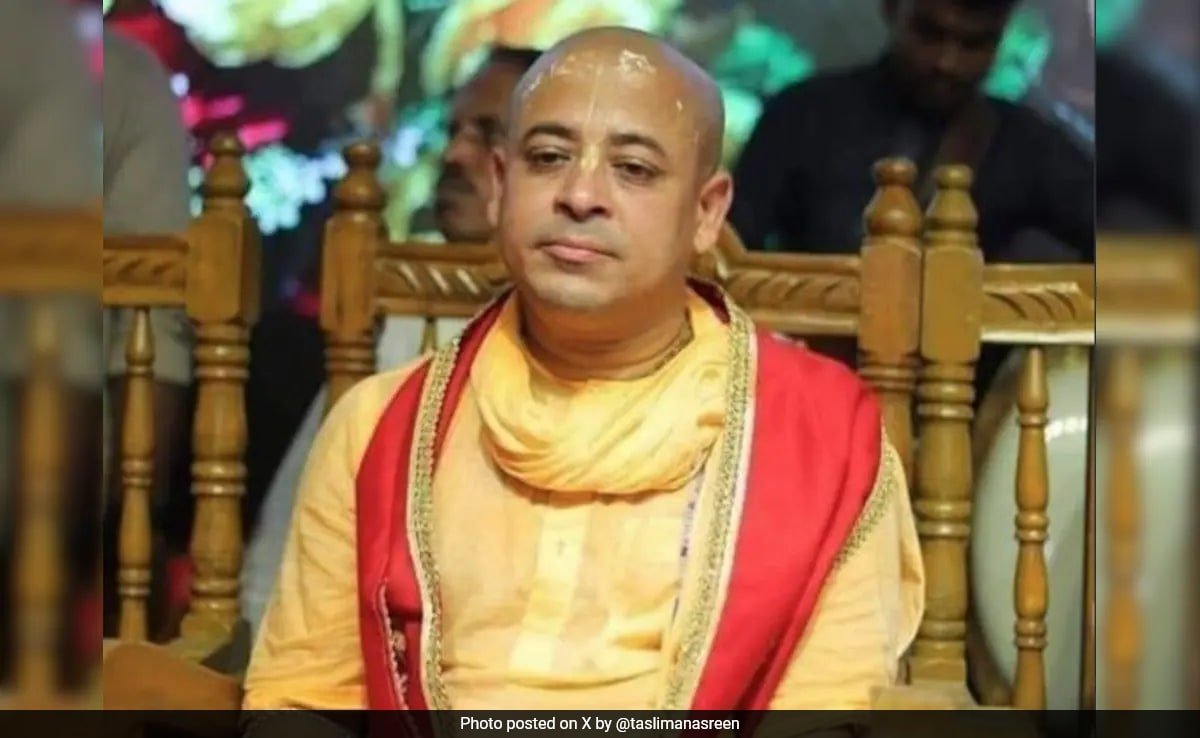New Delhi:
Abu Mohammed al-Jolani aka Ahmed al-Sharaa, the Syrian rebel leader who led the lightning offensive that put an end to Bashar al-Assad’s rule, has said the new dispensation would go after senior officials responsible for torture and abuses under the previous regime.
Sharaa met outgoing prime minister Mohammed al-Jalali “to coordinate a transfer of power that guarantees the provision of services” to Syria’s people, a statement posted on the rebels’ Telegram channels said.
The statement added that the new government “will not hesitate to hold accountable the criminals, murderers, security and army officers involved in torturing the Syrian people”.
The movement against the Bashar al-Assad regime began in 2011, but he cracked down hard, killing about half a million people and forcing many more to flee the country. With support from allies Russia and Iran, Assad managed to stave off any rebel offensive for over a decade. But with his allies occupied in wars in Ukraine and Gaza, Assad was exposed and the rebels did not miss the opportunity. As the rebel tanks rolled into Damascus, Assad fled Syria and curtains came down on the five-decade rule of his clan.

The regime change in Syria came as a rebirth for the thousands of inmates in Syria’s prisons and detention centres, many of them jailed for dissent.
According to news agency AFP, thousands gathered outside Saydnaya prison near Damascus, synonymous with the worst atrocities of Assad’s rule, to look for their relatives.
Over 1 lakh inmates are believed to have died — including executions and natural deaths — in Syrian prisons during the Assad rule, according to a 2021 report by the UK-based Syrian Observatory for Human Rights. Of them, more than 30,000 died in Saydnaya alone. An Amnesty International investigation found that “murder, torture, enforced disappearances and extermination carried out at Saydnaya since 2011 have been perpetrated as part of an attack against the civilian population that has been widespread, as well as systematic, and carried out in furtherance of state policy”. Such were the tales of torture in Saydnaya that it was known as a “human slaughterhouse”.
With Assad gone, the family members of these inmates, many of whom have been detained for years, are looking for them. Among them is Aida Taha, 65, who is looking for her brother, arrested in 2012. “I ran like crazy. But I found out that some prisoners were still in the basements. There are three or four floors underground,” she told AFP.
Many of the prisoners who have managed to escape from the now-unmanned prisons roam the streets of Damascus, with unmistakable signs of torture and hunger.
A civil servant at the finance ministry said people were scared to speak out. “It’s indescribable. We never thought this nightmare would end. We are reborn. We were afraid to speak for 55 years, even at home. We used to say the walls had ears,” Rim Ramadan, 49, told AFP.
Syria’s parliament, earlier pro-Assad, has said it supports “the will of the people to build a new Syria towards a better future governed by law and justice”. Baath party has said it will support “a transitional phase in Syria aimed at defending the unity of the country.”
Hayat Tahrir al-Sham, which led the rebel groups’ blitzkrieg, was earlier banned by Western powers for its links with Al-Qaeda. Over the years, the organisation has tried to soften its image.
As Syria looks to rebuild, Germany and France have said they were ready to cooperate with the new leadership “on the basis of fundamental human rights and the protection of ethnic and religious minorities”. British Prime Minister Keir Starmer has said HTS must reject “terrorism and violence” before Britain can engage with it. US State Secretary Antony Blinken Washington DC is determined to prevent IS re-establishing safe havens in Syria. “We have a clear interest in doing what we can to avoid the fragmentation of Syria, mass migrations from Syria and, of course, the export of terrorism and extremism,” he said.
The UN has said the Assad regime must be held to account. The ousted leader has reportedly fled to Russia, but Kremlin has not confirmed this.



